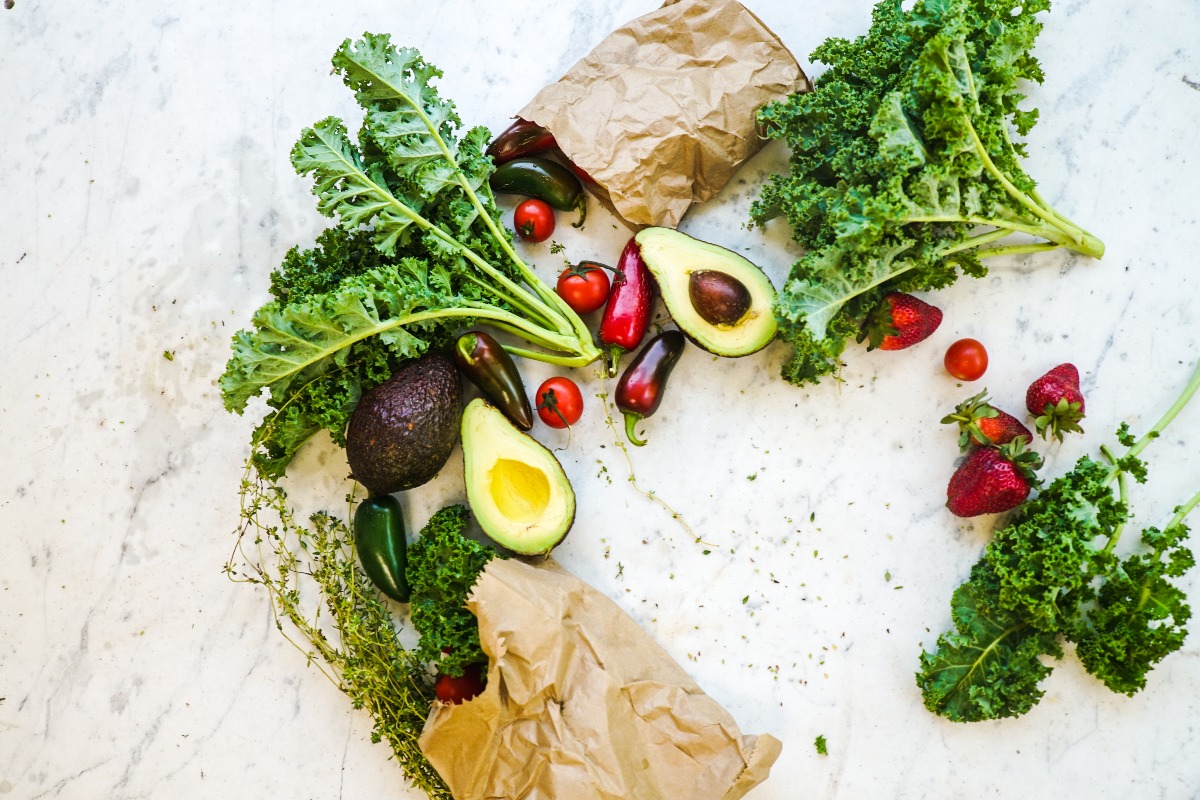
While the cliche that people crave unhealthy foods in sobriety may be true, it’s important to remember that there are foods that can feed our recovery more productively. When we first set out on the path of sobriety, our bodies often want to replace the substance we’ve removed from our lives with sugar, sugar, and more sugar. Logically, any food choice is far better than the continued use of drugs or alcohol.
Eating a piece of cake (or even an entire cake) isn’t going to make you a danger to yourself or others. You’re not likely to be at risk of losing your friends, family, or job because you eat a candy bar every hour on the hour. However, in the long run, there are better food choices out there for our minds, bodies, and recovery.
The fact that the word “heal” is in the word “healthy” should be a pretty solid indicator that healthy foods are best for you. Food plays a tremendous role in our physical health. Studies also show that food plays a significant role in our mental and emotional health. Below are a few examples of healthy foods that can positively impact our recovery.
The Green Stuff
We’ve all probably heard enough about the positive physical effects of incorporating veggies into our daily food intake. Veggies have also been proven to significantly improve our mental health.
If you enjoy a carnivorous diet, the good news is that you don’t have to give up all meat to reap the rewards of adding vegetables to your diet. Try to incorporate as many vegetables into your meal as possible. If you’re eating meat, make sure you eat an equal amount of vegetables.
The Good Fats
Animal fats and lesser vegetable oils are worse for your body and mental health than the wide variety of healthier fats out there. While butter and canola oil-based fats may seem irreplaceable, they’re easily substituted with omega-3 fats like olive oil, avocado oil, and coconut oil. These oils increase mental clarity, make for a healthier heart, and build a stronger immune system. After a lengthy period of damaging both our minds and bodies with substance abuse, we need all the help we can get in healing those self-inflicted wounds.
The Legume Family
Perhaps one of the most unsung heroes of the healthy diet world is the legume family. Beans, peas, and lentils are excellent sources of protein, fiber, iron, and B vitamins. Legumes are a great way to replace the less healthy meats in your diet. They also have a way of making you feel full when those junk food cravings strike unexpectedly. Not only that, they’re easy to cook just as they are, inexpensive, and have a wide variety of uses.
Food for Recovery
Eventually, our self-care should evolve from just staying sober to living a healthier, happier life. With practice, you’ll find that eating healthier improves the odds of continued sobriety and an appreciation for life that junk food cannot satisfy.
Fighting for your sobriety in its early stages can be physically taxing and mentally exhausting. During that period of time, our minds and bodies crave any kind of comfort they can get. Naturally, junk food and sweets easily fall into that category. Eventually, your sobriety will want a healthier diet. Starting the healing process is the most important step. Learning to practice healthy habits is a part of any well-designed treatment program. Call The Guest House at (855) 483-7800 for more information.